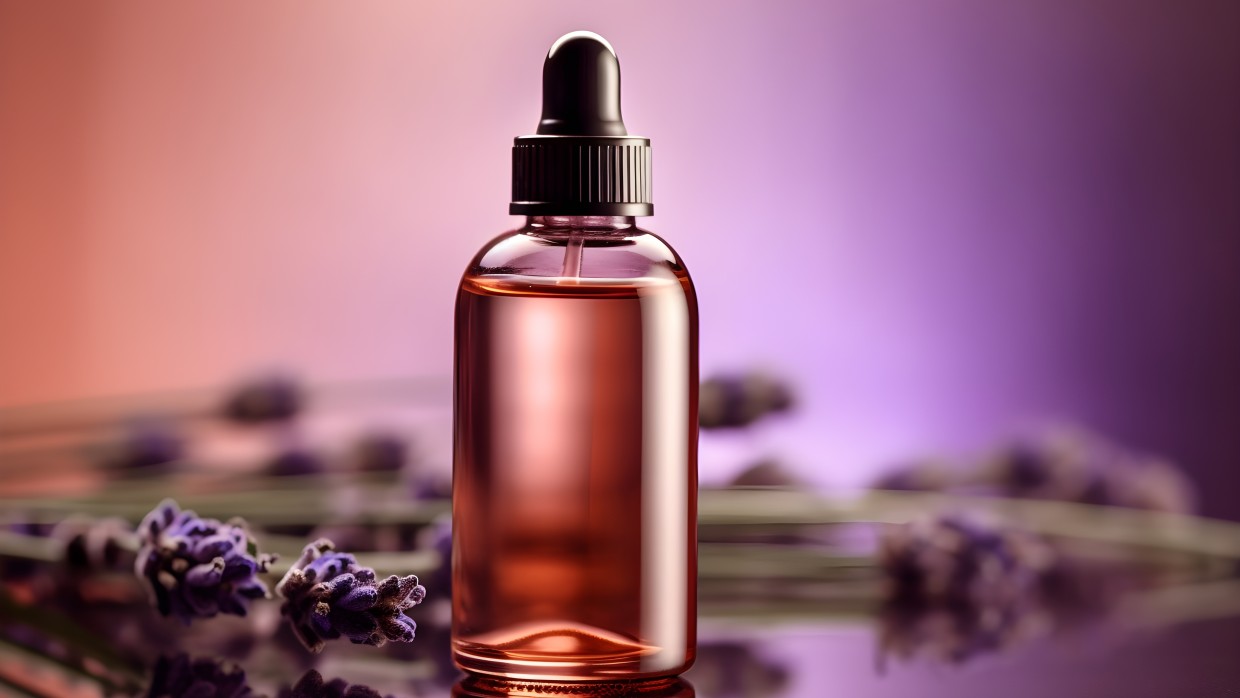News
News
Fragrances and Their Effects
Attendees at the CosmeticBusiness 2023 Conference Programme learned about the Fraunhofer Institute IVV’s research in the area of fragrances
A shower gel with an invigorating fragrance can help you get your day off to a good start. A face cream with a soothing scent can help you leave the hustle and bustle of a busy day behind. Cosmetics products with these sorts of extra features are in demand. But scientific evidence is required before a product can be advertised as having such an effect. Acquiring it is no mean feat. That is because our perception of scents and the effect they have on us are, above all, subconscious processes. As part of the Conference Programme of CosmeticBusiness 2023, Prof Dr Jessica Freiherr from the Fraunhofer Institute IVV described the approach that she and her team are taking in the area of applied multisensory systems to provide evidence of the effects of fragrances.
Straight From the Nose to the Brain – Quite Subconsciously
What is special about our sense of smell is that the information obtained via smell is transmitted directly to the brain without first being processed in the thalamus, Freiherr says. Simply put, scents directly trigger emotions without us being aware of any processing taking place. IVV has developed a study design that aims to demonstrate the tangible impact of targeted sensory stimuli using a variety of measurement techniques. According to Freiherr, this design is standardised and reproducible. That means it can be integrated into product development and marketing claims.
Fragrances Have Been Shown to Have an Activating Effect and Reduce Stress
The researcher used the example of creams with a calming and activating effect to explain the procedure. Test persons were first deliberately exposed to a conflicting stimulus. That means they were shown images to evoke stress or boredom. The degree of stress or boredom achieved was then measured by having them fill in a questionnaire, detecting stress hormones in saliva samples and running a mobile EEG. Next, the participants in the study applied a cream in two sessions. One of these contained a calming or activating fragrance, while one contained a placebo. The final measurements clearly demonstrated that the creams indeed achieved the intended effect of reducing stress or inducing heightened activity among the test persons in comparison to the placebo.
Multisensory Research Findings in High Demand
In general, the work of Freiherr's team aims to develop a holistic understanding of how consumers perceive, evaluate and respond to stimuli. These insights could then be incorporated into the development of products and packaging and consumer-facing communications. To this end, IVV is partnering with the University of Erlangen and various other research institutions. According to Freiherr, future research will focus on connections between other emotions and the sense of smell, lending more nuance to the conclusions. Tactile stimuli - that is, skin feel - will also be integrated into the research. "There is much to do," she says. Professor Dr Jessica Freiherr believes research on multisensory perception will continue to develop and improve. The demand is certainly there among manufacturers.
The lecture is available in the media library .

